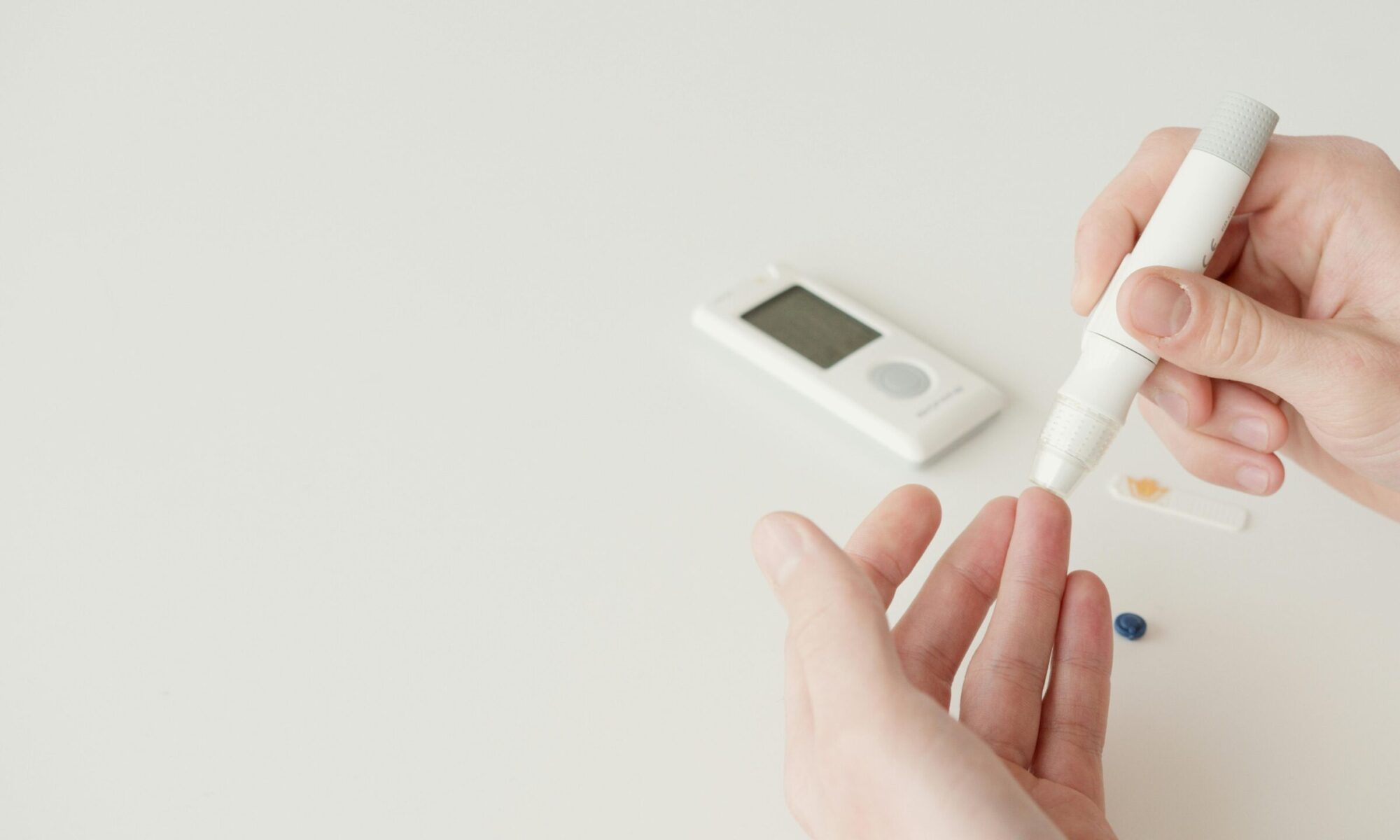Christmas cake is more than just a dessert; it’s a symbol of celebration, warmth, and tradition. For many, it is the centerpiece of the holiday feast, rich with spices, dried fruits, and often topped with decadent icing. However, the high sugar and fat content can be a concern, especially for those managing diabetes or aiming for a balanced diet. With thoughtful ingredient choices, traditional alternatives, and a post-holiday plan, you can enjoy your cake guilt-free. Here’s how to celebrate with your Christmas cake while staying on track with your health goals.
Healthier Ingredient Options for Christmas Cake
Natural Sweeteners: Opt for natural sweeteners like stevia, monk fruit, or erythritol to replace some or all of the refined sugar in your recipe. These alternatives help reduce the glycemic impact while maintaining sweetness.
Whole-Grain Flour: Substitute a portion of all-purpose flour with whole wheat, almond flour, or oat flour. This change adds fiber, which helps regulate blood sugar and promotes a feeling of fullness.
Healthy Fats: Instead of using traditional butter or shortening, consider coconut oil or unsweetened applesauce. These alternatives lower saturated fat content and keep the cake moist.
Add Nutrient-Dense Extras: Include ingredients like flaxseed, chia seeds, or finely chopped nuts for added protein and healthy fats. These additions contribute to a richer nutritional profile without compromising taste.
Traditional Christmas Cake Options
Fruitcake: A classic option that can be made healthier by using dried fruits like dates, apricots, and raisins in moderation. These naturally sweet ingredients add depth of flavor and reduce the need for additional sugar.
Sponge Cake: For a lighter option, try a sponge-based Christmas cake. By using egg whites and minimal sugar, this version is lower in calories and fat while still offering a festive treat.
Gluten-Free Cakes: For those with dietary restrictions, gluten-free flour blends can create a delicious and inclusive Christmas cake. Combining almond flour with rice flour or coconut flour provides a tasty, gluten-free alternative.
Vegan Cakes: Plant-based cakes use substitutes like flax eggs (flaxseed meal mixed with water) and plant-based milk. These options maintain a fluffy texture and allow everyone at the table to enjoy a slice.
With Icing or Without? Exploring Your Options
Traditional Icing: Many Christmas cakes are topped with marzipan or royal icing. While these are delicious, they add extra sugar and calories. If you choose traditional icing, consider using a thin layer or incorporating unsweetened almond paste for a reduced-sugar alternative.
Light Glaze: Instead of a thick icing, opt for a light glaze made from lemon juice and a sugar substitute. This option gives your cake a touch of sweetness without excessive sugar.
No Icing, No Problem: Serving your cake without icing can be just as satisfying. Dust with cinnamon or cocoa powder for a festive look, or top with a few candied orange slices for a hint of decoration.
Whipped Cream Topping: A dollop of unsweetened or lightly sweetened whipped cream with a sprinkle of cinnamon can be a lighter alternative to heavy icing, adding a touch of indulgence without overwhelming the cake.
Mindful Eating: Enjoying Your Christmas Cake
Savor Every Bite: Take the time to enjoy each mouthful of your cake. Notice the blend of flavors and textures—spices, fruits, and subtle sweetness. Eating slowly not only enhances the enjoyment but also helps you recognize when you’re satisfied.
Balance with Other Foods: Enjoy your cake after a balanced meal rich in vegetables, lean proteins, and healthy fats. This approach helps slow down the absorption of sugar and reduces the likelihood of a blood sugar spike.
Pair with a Drink: Enjoy your cake with a cup of unsweetened tea or coffee. The warm beverage complements the flavors of the cake and can make the experience more satisfying.
Control Portion Size: A small, well-portioned slice can be just as enjoyable as a larger serving. Practicing portion control ensures you savor the treat without overindulging.
Post-Holiday Diet Routine
Return to Balanced Meals: After the holidays, refocus on balanced meals rich in lean proteins, vegetables, whole grains, and healthy fats. These foods help your body reset and maintain stable blood sugar levels.
Hydration and Detox: Start your day with a glass of water and stay hydrated throughout. Adding lemon or cucumber slices to your water can encourage hydration and digestion.
Light Physical Activity: Resume or increase your activity levels with walks, yoga, or light workouts. This helps regulate blood sugar and jump-starts your metabolism after holiday indulgences.
Reflect and Adjust: Think about how you felt during the holiday. If you managed your indulgence well, carry forward those strategies. If you feel you could have done better, take note of any adjustments to make next time.
Christmas cake is a beloved part of holiday traditions and should be enjoyed without guilt. By considering healthier ingredient options, exploring different types of cake, choosing icing wisely, practicing mindful eating, and following a balanced post-holiday routine, you can celebrate the season while staying on track with your health. Remember, the holidays are about joy, family, and balance—so enjoy your cake and cherish every moment!
Disclaimer:
The content on this website/article is community-driven and contributed by non-medical professionals. The observations and views expressed reflect the experiences and opinions of the non-medical community. You are strictly advised to seek the advice or opinion of a qualified medical professional before considering or acting on any information, opinions, or views presented on this website.

